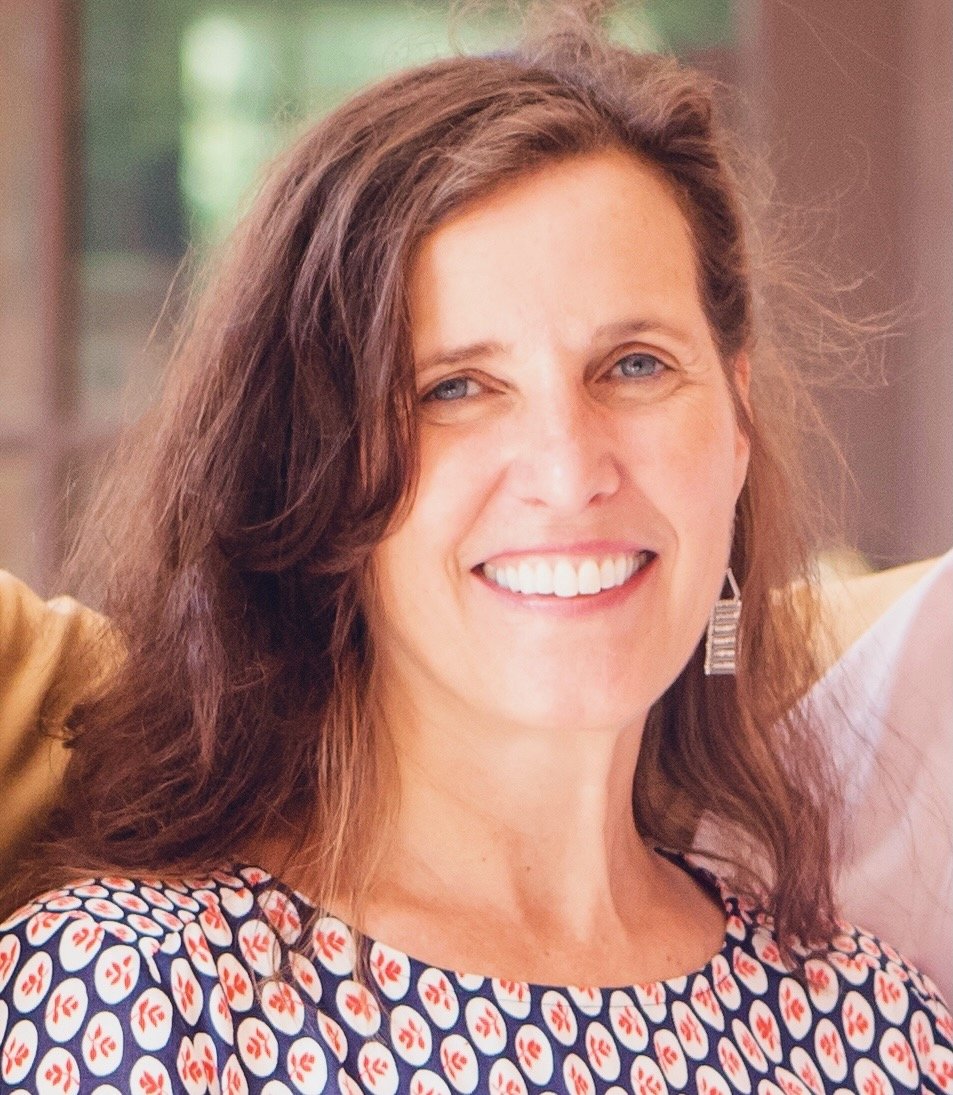To develop language and conversation skills, young children need many opportunities to talk—with each other, with adults, one-on-one, and in a group. Educators can create opportunities for children to engage in conversation throughout the day.
Read MoreLeading with love means we must practice and share our knowledge with children as to what kindness, empathy, and compassion look like and feel like.
Read MoreThis compassion we can feel for others, we must apply to ourselves, and to our child. How can we not add to the burden of pain and shame we may feel? How can we lighten the load for ourselves? For our child? For others?
Read MoreSo now that we have empathy we can now have true compassion for others and we must also have compassion for ourselves. Let me say this again— To have true compassion for others we must also have compassion for ourselves.
Read MoreSo how do we know if we are helping kids develop empathy? Here are a few signs that things are going well in the first two years:
Read MoreIn one study, researchers found that three- to six-year-old kids who were praised for helping others were less likely to act more generously in the future than kids who were praised for being a helpful person.
Read MoreEmpathy is the ability to understand how someone else is feeling or to understand the situation they are in. It is the ability to “put yourself in someone else's shoes” and to understand the way a situation might make them feel.
Read MoreNew Zealand has some of the world’s highest rates of child sexual abuse with one in three New Zealand girls and one in seven boys at risk of being sexually abused. Speak Up – Stop the Silence®, a Campaign to End Child Sexual Abuse in New Zealand, launched today through a partnership between Stop the Silence®, a non-profit organization in the United States, and Trust MYRIVR, a New Zealand-based non-profit that conceptualized and promotes awareness of New Zealand’s largest app directory of health and social service providers.
Read MoreTeaching kids about empathy, kindness, and compassion is a must for schools. More than one out of every five students report being bullied. Of those students:
• 13% were made fun of, called names, or insulted
• 12% were the subject of rumors
• 5% were pushed, shoved, tripped, or spit on
• 5% were excluded from activities on purpose
What is our moral obligation to share our stories of sexual abuse? What is our obligation of others to protect future children? It is easier to say nothing, or do so quietly, involving as few people as possible. This is what many families do. Yet still we must ask: Where are the witnesses to these crimes? Who is bearing witness? And why don’t they speak up? It has been my experience that silence is imposed from above, and or, internalized. And what lies underneath the silence are complex relationships—typically family relationships— because children are most often sexually abused by someone they know.
Read MoreDid you know that girls are five times more likely to be sexually abused than boys? So it is important to understand that if sexual abuse has occurred and was untreated that it may be a big factor as to why a girl has gained too much weight too fast. Also remember that age is a significant factor in sexual abuse. The median age for reported sexual abuse is nine years old.
Read MoreI was saddened to hear Junot Diaz’s story of child sexual abuse and then upset to hear that he was called out in person for sexual misconduct at the Sydney Writers’ Festival event. I was dismayed to hear that he had withdrawn from the rest of the festival following the accusations of “inappropriate and aggressive” harassment.
Read More












